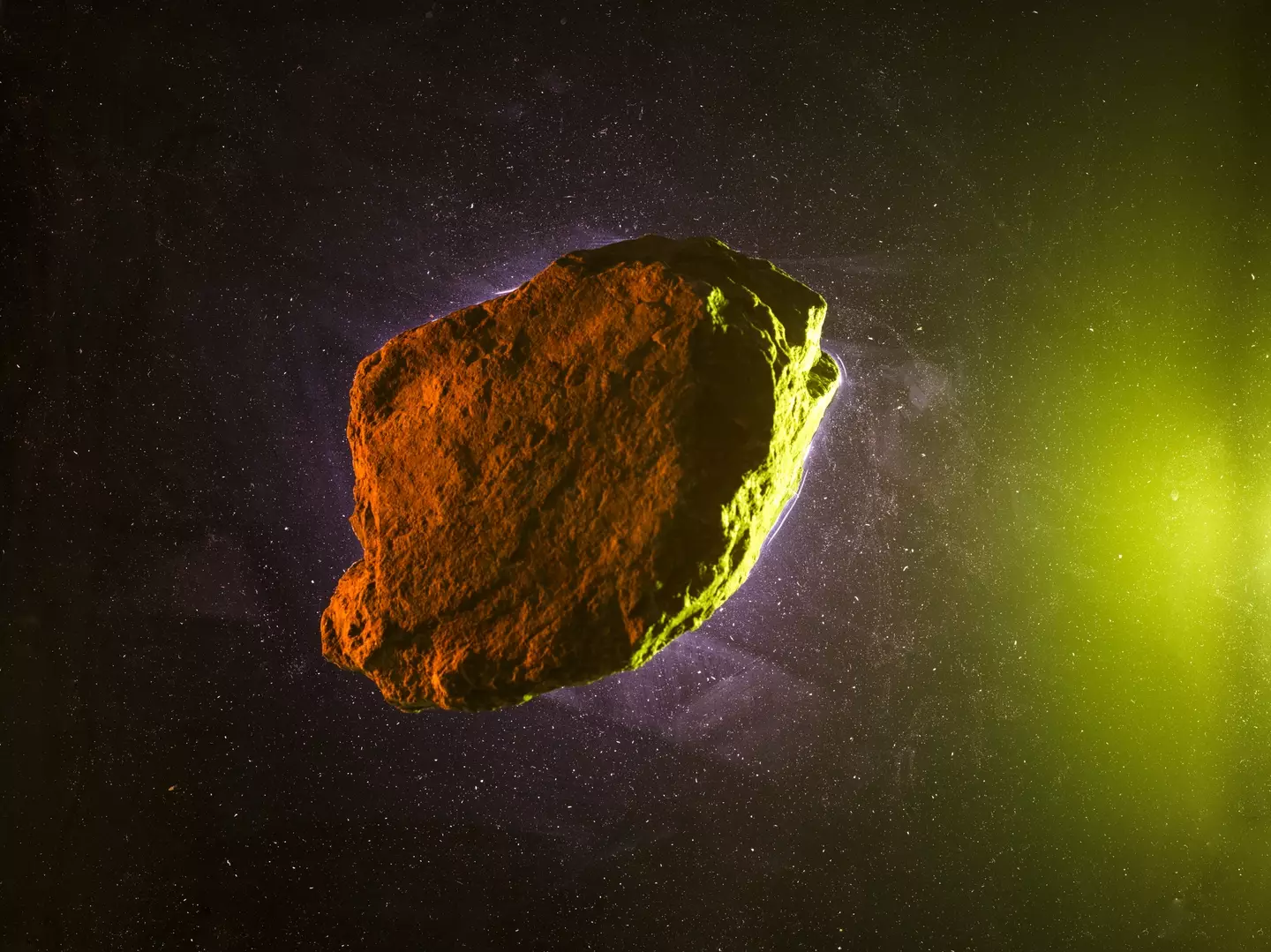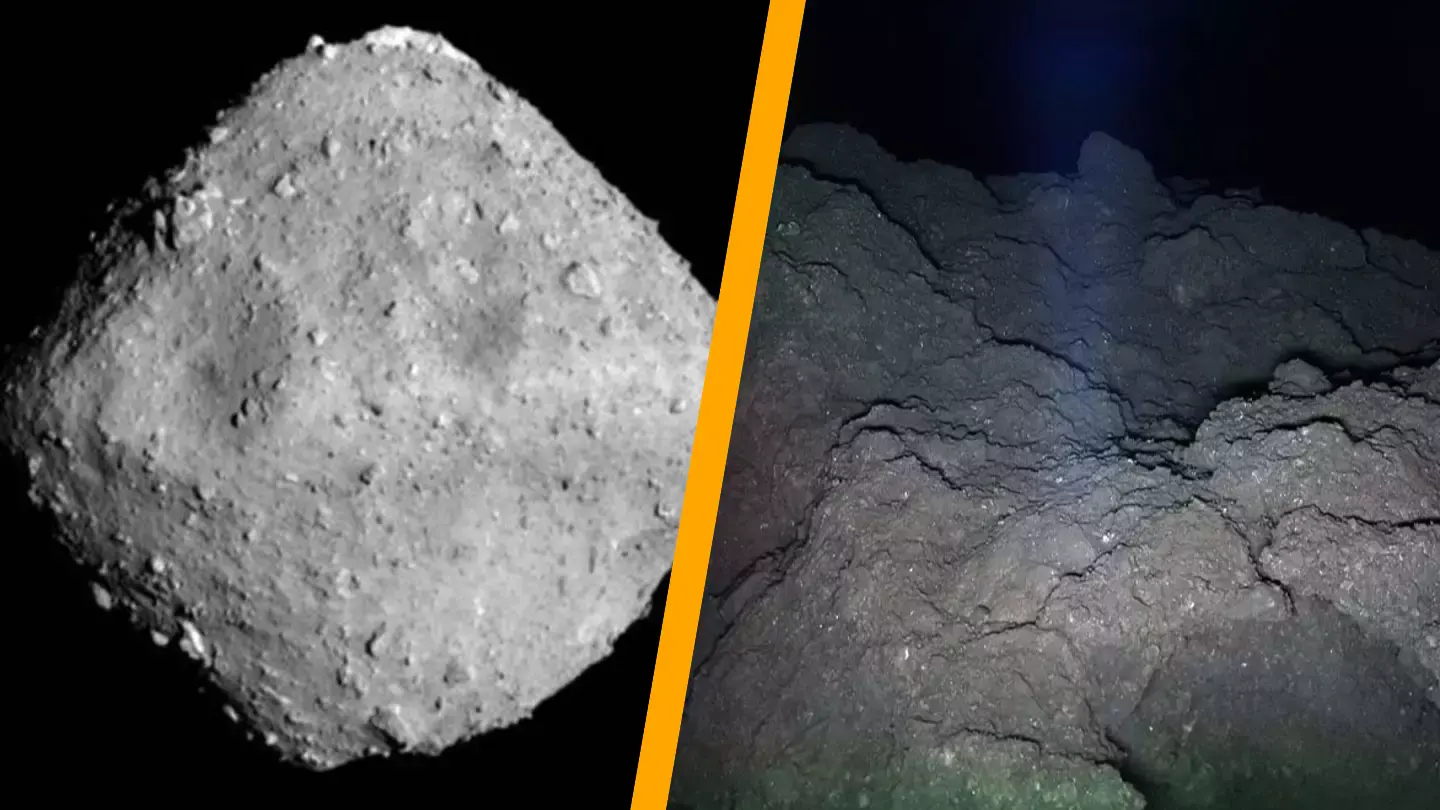A close-up photo of an asteroid has sparked a uniform reaction among viewers, and it’s not entirely positive.
The asteroid, Ryugu, is captured in the image offering a detailed view of its surface. For geology enthusiasts, this barren and rocky landscape is particularly intriguing.
While the clarity of the image is remarkable, it has prompted some unsettling reactions due to a specific feature captured in the photograph.
The image is praised as one of the ‘clearest ever taken’ of an asteroid, which are rocky celestial bodies traveling through space.
Ryugu holds significant importance, partly due to its position which classifies it as a potential threat to Earth.
NASA provides some context: “Asteroid Ryugu, a near-Earth and potentially hazardous asteroid, is classified as a Cb-type asteroid, which has a dark surface and a diameter of ~1 kilometer. It is considered to be made of water-rich and carbonaceous materials, important key elements that are relevant to life on Earth.
“The study of Ryugu and the returned carbonaceous samples will provide important information about the origin and evolution of the solar system, in particular, the inner planets.”
However, the image’s clarity also highlights a feature that has left many feeling uneasy.

This feature is the sheer darkness of space itself.
It’s akin to viewing the ocean at night, where the lack of light and the vast depths below can evoke feelings of dread.
However, space presents an even more profound darkness and desolation.
The deep blackness surrounding Ryugu has led to a wave of reactions on social media.
One user commented: “The black is more interesting than the rocks… It’s just eternal endless darkness,” while another pondered: “So weird that when you look up at night, you see all the stars, but Astronauts say its pitch black when they are in space. I dont get it.”
Another observer remarked: “Space is cold, dark, empty. This pic is wonderful, though.”
Indeed, space often invokes a sense of existential contemplation.
Despite the overwhelming darkness and isolation, some astronauts who have journeyed far beyond our planet did not experience loneliness.
One such astronaut was Michael Collins, who served as the command module pilot on Apollo 11.
During his mission, Collins spent 48 minutes as the most isolated human being, as he traveled on the dark side of the Moon.
Yet, Collins described feeling ‘awareness, anticipation, satisfaction, confidence, almost exultation’ during his solitary experience.

